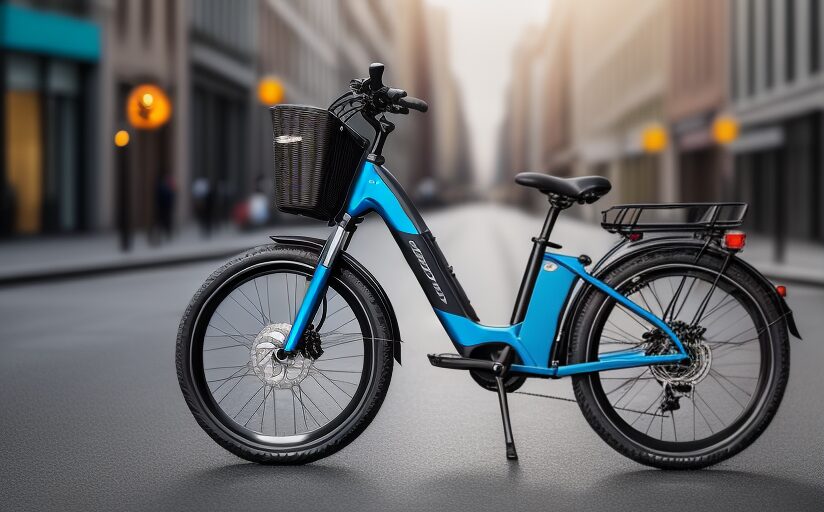
The Exercise Benefits of E-Bikes
Electric bikes, while surging in popularity, especially as fuel prices rise, have met with some skepticism from fitness enthusiasts and avid cyclists. The perception that e-bikes, with their battery-powered pedal assistance, make cycling too easy, has deterred some who seek the challenge of traditional biking. However, e-bikes have an inclusive appeal, making cycling accessible to a wider audience, regardless of age or fitness level. They are costlier than standard bicycles, but various incentive programs, e-bike lending libraries, and electric bike share systems are making them more accessible. Additionally, e-bikes are more likely to replace car trips, contributing to reduced vehicle mileage.
Chris Cherry, a civil and environmental engineering professor at the University of Tennessee, has observed that e-bikes remove the most daunting aspects of cycling, such as steep climbs or long distances, thus encouraging non-cyclists to start riding. E-bikes, being gentler on the joints and muscles, enable riders to cover longer distances and ride more frequently, which aligns with the moderate physical activity recommended by most health professionals.
Cherry, who is not an exercise scientist but has collaborated with some, found in a 2017 study that e-bikes offer moderate physical activity on flat and downhill segments and vigorous activity on uphill segments. E-bike riders experience less need to shower post-ride, can dress more appropriately for the weather, exert themselves less, and enjoy higher levels of enjoyment compared to traditional bike and walking commuters.
Cherry pointed out that e-bike riders tend to use their bikes more consistently and for longer distances, resulting in greater overall physical activity, even if the intensity is lower. Studies from 2019 and 2021 support the notion that e-biking can serve as a significant workout, though the intensity and health benefits can vary among individuals. The amount of exercise derived from an e-bike also depends on the level of pedal assist used; using maximum assistance will result in less exercise compared to more conservative settings. On average, e-bike riders burn about 30% fewer calories than traditional cyclists but report more enjoyment.
The mental health advantages of e-biking, while more challenging to measure, are also significant. The joy of riding, connection to the environment, and the general benefits of outdoor activity and exercise contribute to improved mental well-being. Canadian doctors have even begun prescribing national park visits, and there is hope that e-bikes might one day be included in such health prescriptions.
For older adults and those with certain health conditions or joint pain, e-bikes provide a low-impact way to maintain fitness. E-bikes can also aid in the rehabilitation of individuals with various medical conditions. However, the cost of e-bikes can be prohibitive for those who might benefit most from their use.
In Portland, Oregon, the Biketown all-electric bike share system has launched a pilot program to prescribe bike share memberships to clinic patients and high school students in underserved communities. This program aims to improve public health and increase access to e-bikes.
Roshin Kurian from the Portland Bureau of Transportation believes that the ease of use and confidence gained from riding an e-bike can lead to more active lifestyles and healthier behaviors. The program aligns with CDC recommendations for physical activity, suggesting that e-bikes can help individuals meet these guidelines more realistically.
By focusing on youth and individuals with preexisting conditions, the study aims to demonstrate e-bikes as a means of both prevention and treatment in public health. The shift to e-bike usage could result in considerable public health savings, as evidenced by a study showing bike share systems save millions in health dollars annually. As e-bikes become more prevalent, they have the potential to reshape urban environments into more walkable and bike-friendly spaces, with additional health and safety benefits.
The trend towards e-bikes is strong, with projections in Europe indicating they may outsell cars by the mid-2020s. In the U.S., e-bike sales are growing rapidly. The adoption of e-bikes can have positive impacts on individual health, community well-being, and the environment. The more people cycling, in any form, the better for everyone.

